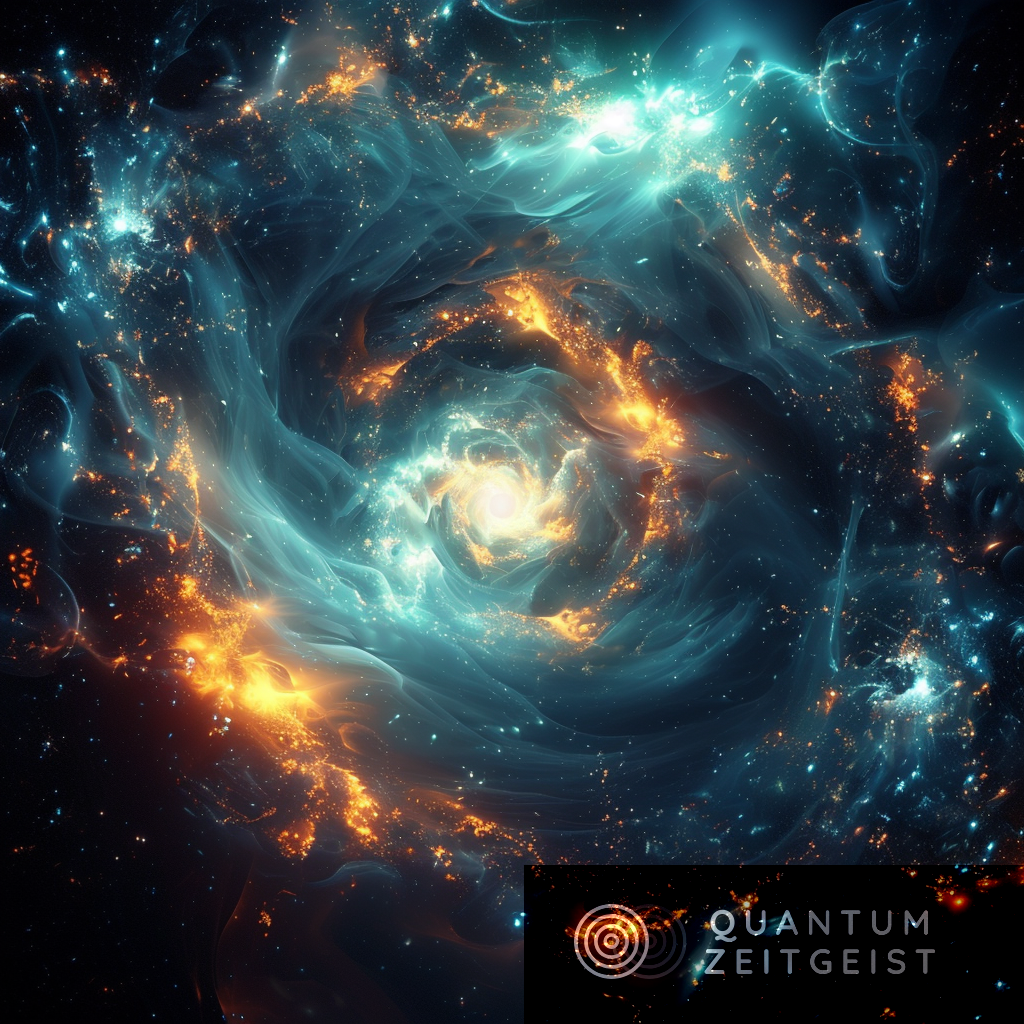Researchers Fabrizio Tamburini and Ignazio Licata have proposed a new perspective on quantum collapse, suggesting that our understanding of the universe is constructed from mathematical truths represented by Turing Machines. They propose that the universe can be described as a semantically closed structure, akin to von Neumann’s universal constructor. This leads to a many-world Everett scenario, exposing the limits of our description and possible simulation of the universe. They argue that our understanding of the world is expressed through mathematical and logical language, and relate the problem of a quantum measurement with Gödel’s undecidability.
Quantum Collapse in an Everettian Multiverse
Fabrizio Tamburini and Ignazio Licata, researchers from Rotonium Quantum Computing Research Le Village, Institute for Scientific Methodology (ISEM), School of Advanced International Studies on Theoretical and Nonlinear Methodologies of Physics, and International Institute for Applicable Mathematics and Information Sciences (IIAMIS), have proposed a new perspective on quantum collapse.
They suggest that our understanding of the universe is constructed from sequences of symbols, numbers, operators, rules, and undecidable propositions that define our mathematical truths. These truths are represented by classical, quantum, and probabilistic Turing Machines, which contain intrinsic randomness.
The Universe as a Semantically Closed Structure
The researchers propose that the universe and its evolution can be described as a semantically closed structure, without a global object-environment loss of decoherence. This structure is akin to a von Neumann’s universal constructor, with a semantical abstract whose structure cannot be decided deterministically a priori from an internal observer. In this semantically closed structure, the realization of a specific event is a problem that finds a way for the evolution of the universe.
The Everettian Multiverse Scenario
The researchers suggest that the specific result of quantum measurement in this semantically closed structure leads to a many-world Everett scenario. This scenario is a classical Gödel undecidable proposition for an internal observer, exposing the limits of our description and possible simulation of the universe.
The concept of the universe is used to represent the set of all phenomena, the physical world expressed in terms of events and coincidences of events that generate space and time and their relationships. The concept of an event in the universe, from a classical relativistic point of view, is described in terms of a subset of the universe for which space and time properties are defined.
The researchers argue that our understanding of the world, including the laws of physics and information, is expressed through our basic mathematical and logical language. This language is used to build a representation of nature, whether the physical universe is finite, infinite, or belongs to a multiverse.
The researchers relate the problem of a quantum measurement with Gödel’s undecidability, comparing the limits in the formal language with the nonclassical properties of the quantum world. They suggest that the measurement process is a physical process in the universe and a key to its evolution.
The researchers provide an intuitive illustration of Gödel’s Theorem, which sets very precise limits to the Hilbert program. Gödel’s first theorem states that every sufficiently powerful, coherent, and axiomatizable system is syntactically incomplete. This means that it is always possible to produce an undecidable proposition from a system of axioms, of which it is impossible to establish the truth or falsity with the tools of the system.
The article titled “Quantum collapse as undecidable proposition in an Everettian multiverse” was published on January 24, 2024. The authors of this article are Fabrizio Tamburini and Ignazio Licata. The article was sourced from arXiv, a repository of electronic preprints approved for publication after moderation, hosted by Cornell University. The article discusses the concept of quantum collapse in the context of an Everettian multiverse. The DOI reference for this article is https://doi.org/10.48550/arxiv.2401.13336.
Source: arXiv (Cornell University)

